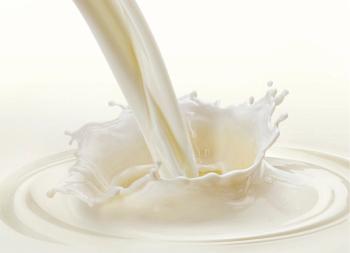
Study Links Dietary Vitamin K to Bone Health
Research published in the journal Bone links dietary intake of vitamin K to improvements in several bone health markers in the elderly.
Research published in the journal Bone links dietary intake of vitamin K to improvements in several bone health markers in the elderly.
Using food frequency questionnaires and the USDA database, researchers based in Spain assessed dietary vitamin K intake in 365 elderly subjects and related vitamin K intake to bone health markers like bone mineral density, porosity, and elasticity. Two years of follow-up was conducted on 200 of the subjects, during which changes in vitamin K intake were related to changes in these bone health markers.
“High dietary vitamin K intake was associated with superior bone properties,” wrote the study’s lead author. Average rates of bone mineral density, porosity, and elasticity all appeared to improve with vitamin K intake.
Moreover, subjects who increased their vitamin k intake during follow-up showed lower losses of bone mineral density compared to subjects who did not increase vitamin K intake.
Vitamin K1 is the primary source of vitamin K in Western diets. Vitamin K1 is a critical nutrient for transporting calcium from blood to bones, but it is also needed for blood functions; for this reason, the bone health needs are increasingly resting on
Newsletter
From ingredient science to consumer trends, get the intel you need to stay competitive in the nutrition space—subscribe now to Nutritional Outlook.




